Carved jack-o'-lanterns peer out from nearly porch, garden, and yard each October. These pumpkins, decorated with ghoulish faces, are a sure sign of that Halloween can't be too far off. But did you know that the practice of decorating jack-o'-lanerns comes from the Irish folktale about Stingy Jack? And the orginal canvass wasn't a pumpkin at all, but were turnips and potatoes. Irish immigrants brough the tradition to America, home of the pumpkin, where it quickly became an integral part of the Halloween festivities.
According to the legend, Stingy Jack invited the devil to have a drink with him. And true to his name, Stingy Jack didn't want to pay for his drink, so he convinced the devil to turn himself into a coin that jack could use to pay for their drinks. Once the devil did that, jack prompty put the coin into his pocket where he also kept a silver cross, which prevented the devil from changing back to his original form. According to the tale, Jack eventually freed the devil, under the condition that he not come back and bother him for one year. And in the event of Jack's death, the devil would not claim his soul. The next year, Jack tricked the devil into climbing a tree to pick a piece of fruit. While the devil was up in the tree, Jack carved a cross in the tree so the devil would not climb down, until he promised Jack to leave him alone for another ten years. Soon after, Jack died. The legend then goes on to say that God would not allow such an unsavory character into heaven. And, the devil, upset by Jack's trickery, and keeping his promise not to claim his soul, would not allow Jack to enter hell, either. He sent Jack off into the night with only a burning coal to light his way. Jack put the burning coal into a carved out turnip and has been wandering the Earth ever since. The Irish began calling him Jack of the Lantern then, simply, Jack O' Lantern.
In Ireland and Scotland, people began carving scary faces into turnips and potatoes, then placing them on their window sills, in hopes of scaring off Jack and other evil spirits. In England, large beets were used. These immigrants, upon arriving in America where native pumpkins were grown in quantity, found them perfect for carving their own Jack O' Lanterns every fall.
A few halloween facts of interest:
1. Halloween started as a feast before All Saints' Day.
2. The favorite holiday traditions came form the Celtic holiday of Samhain.
3. Halloween first became popular in the American southeast, but it wasn't widespread until the wave of Scottish and Irish immigrants in the 19th century.
4. "All Hallows Eve" was popularized as Halloween, thanks to a poem by Robert Burns in 1785.
5. And, as we just learned, the original carved jack-o'-lanterns were turnips. I can't even imagine those, can you? They just wouldn't be the same.
I hope you ahve a wonderful and safe Halloween...one that's filled with lots of treats and ony a few tricks!
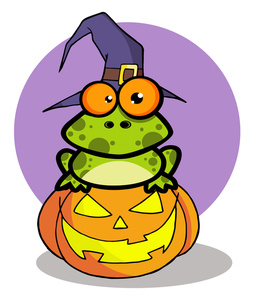
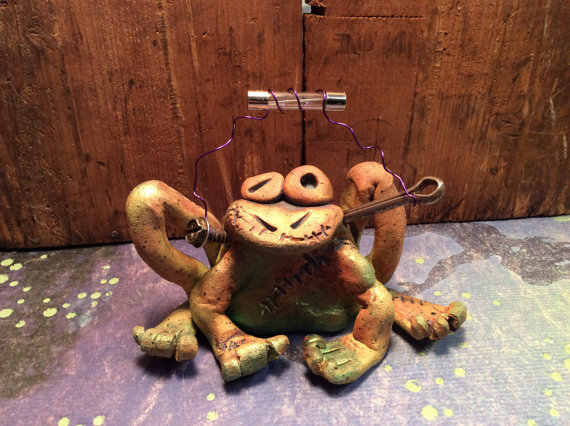
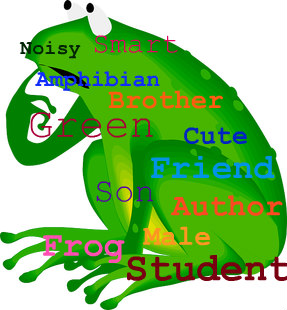
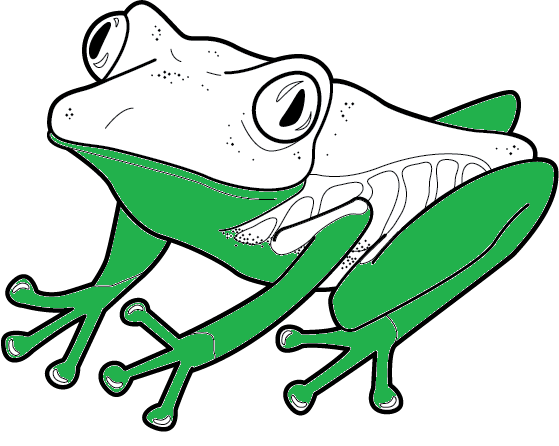
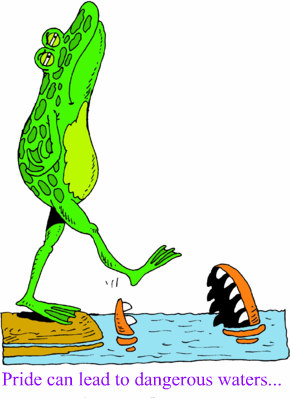
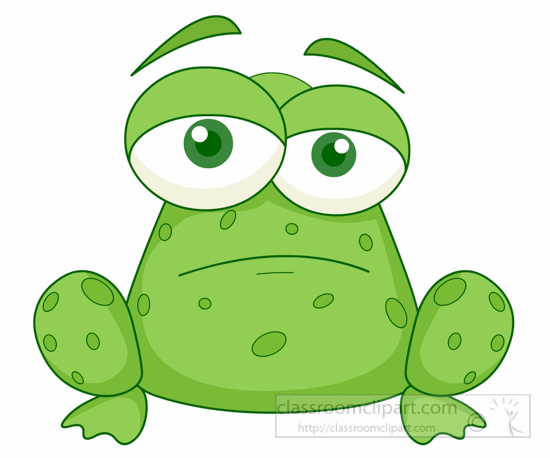
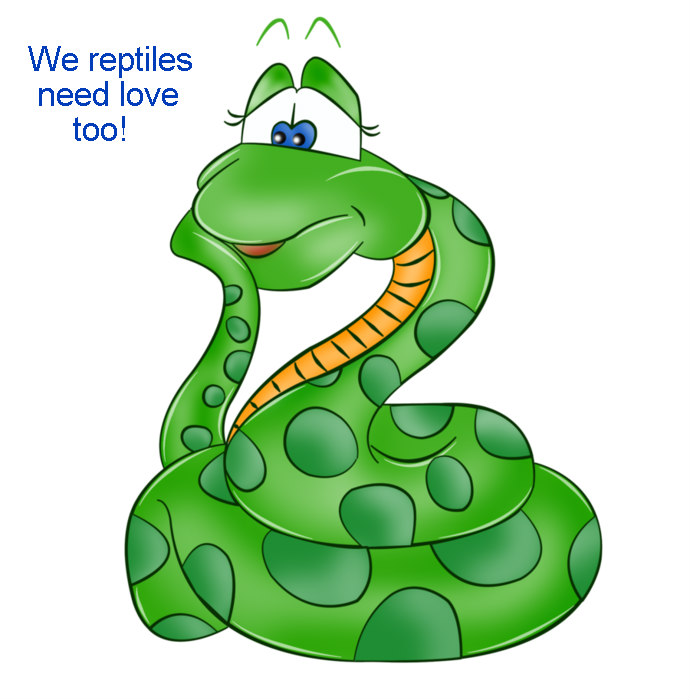


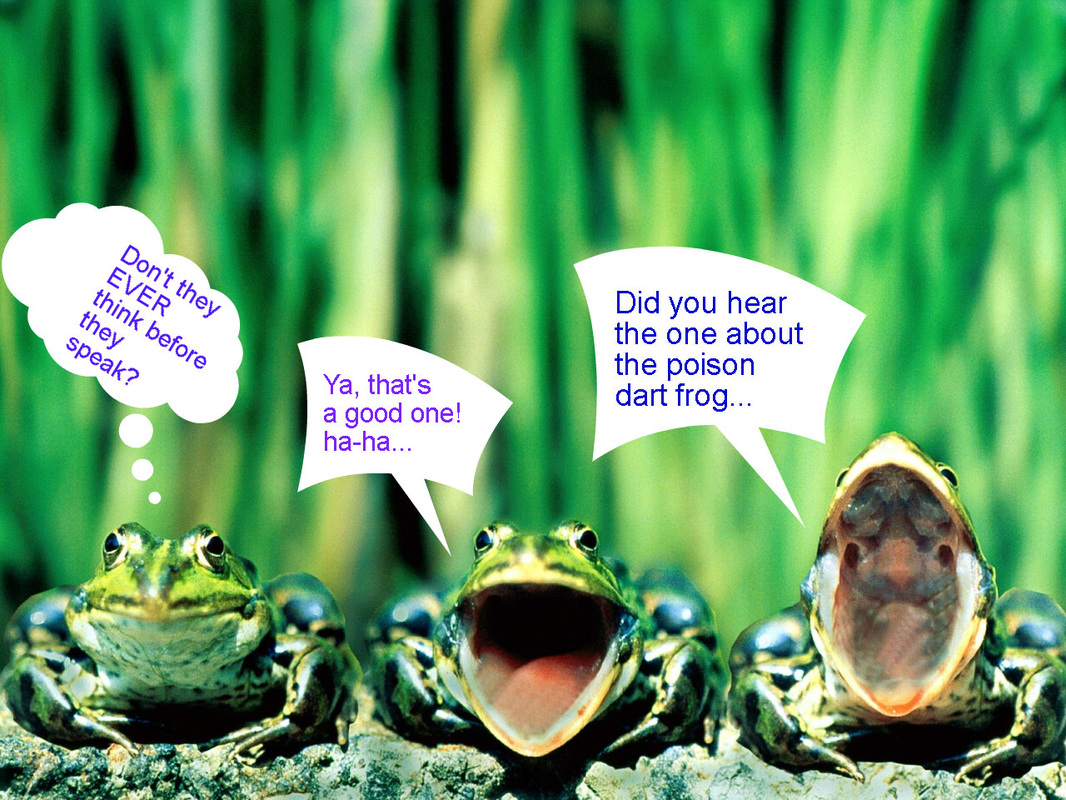
 RSS Feed
RSS Feed